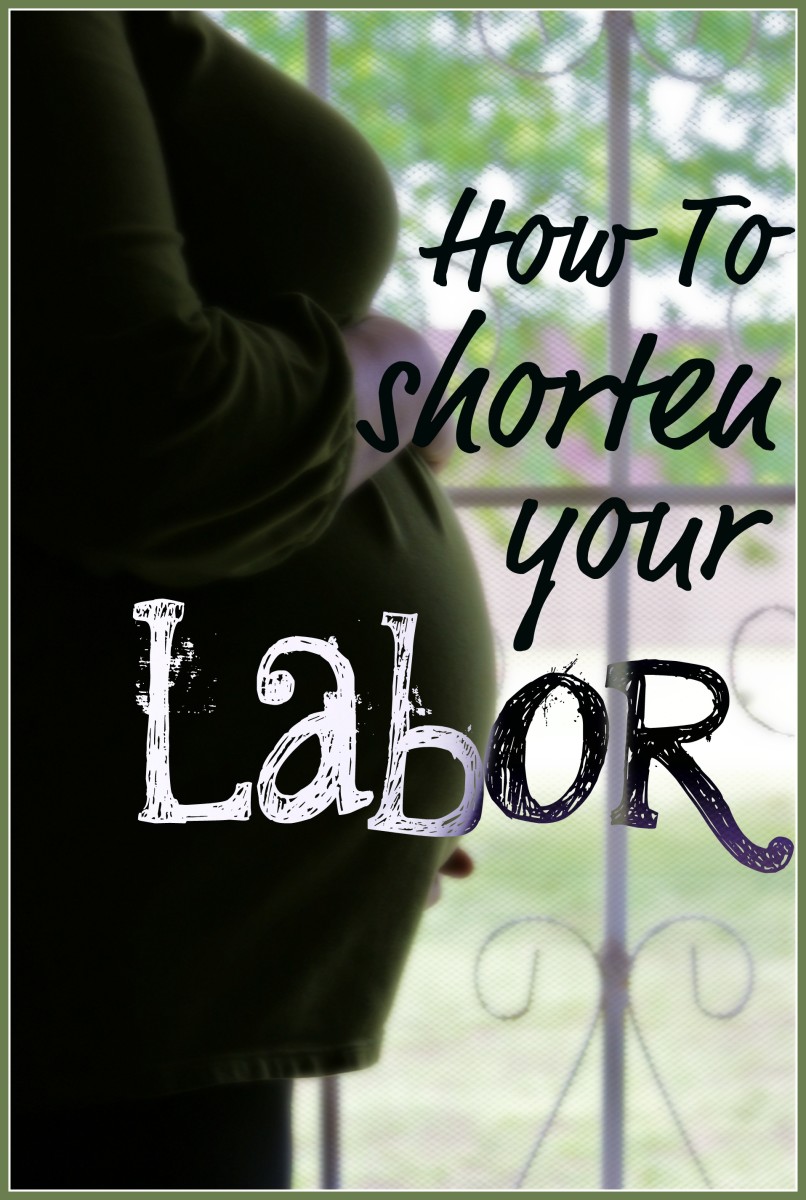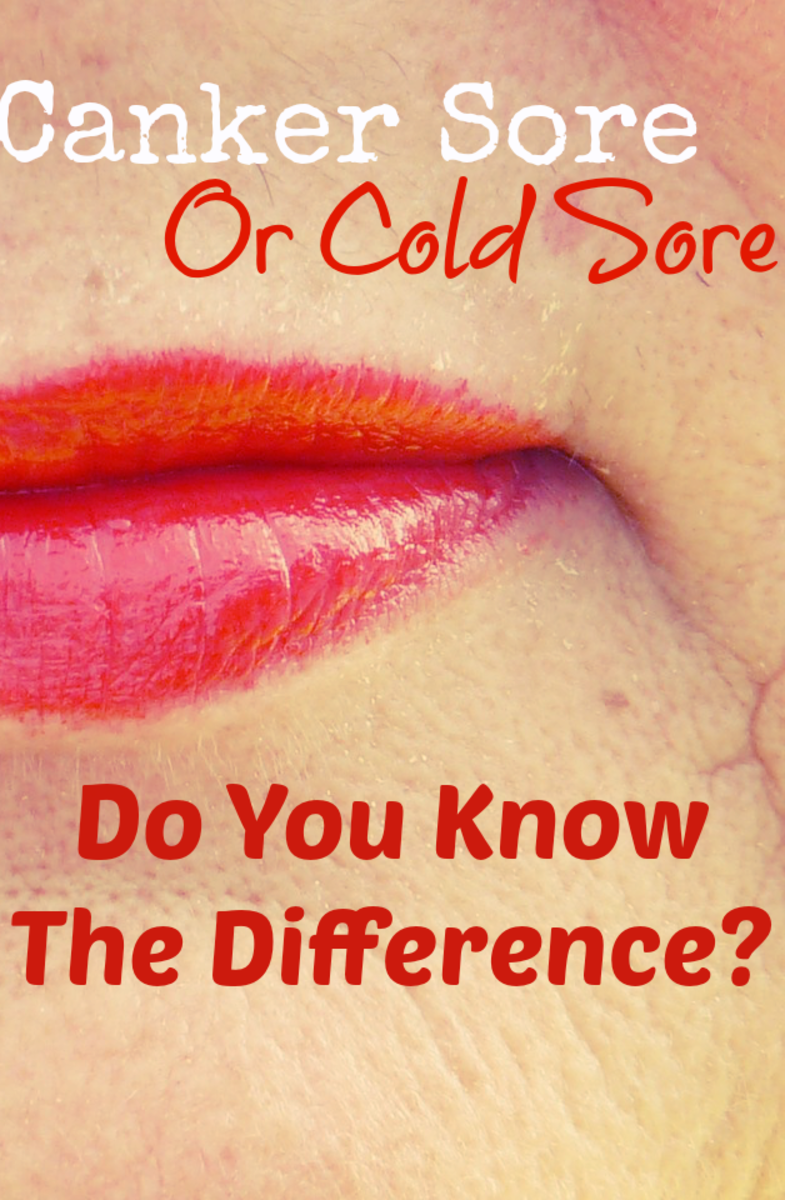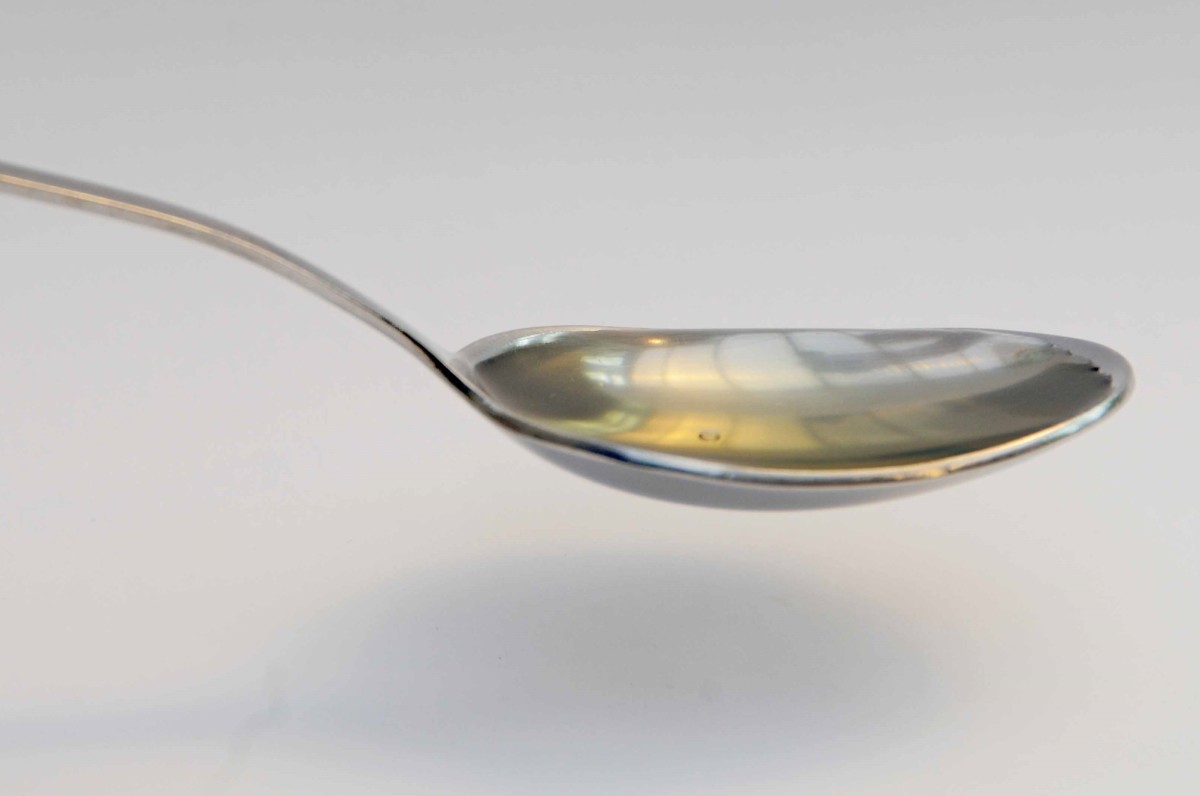Natural Alternatives to Asprin
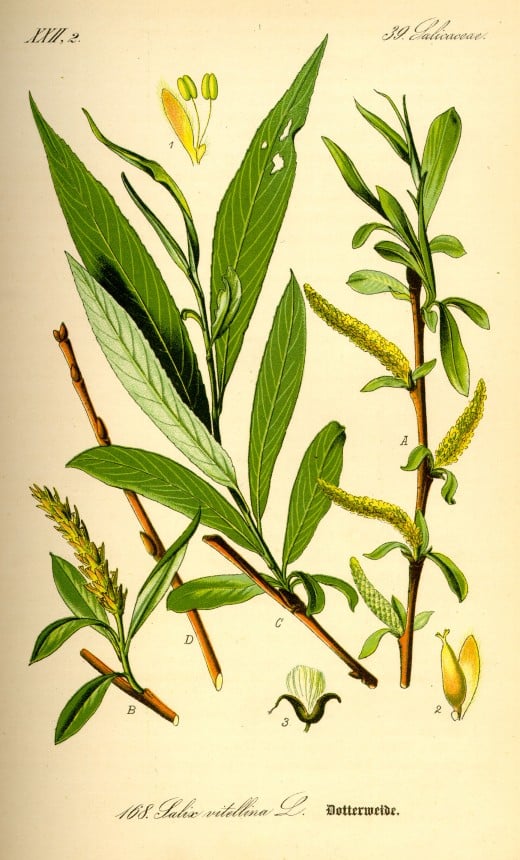
Like all medications Aspirin has a list of potential side effects, particularly if used consistently over a long period of time. The good news for anyone looking to find natural alternatives to Apsirin is that there are a range of natural options both for pain relief and for protecting heart health. These natural alternatives have been scientically demonstrated to have beneficial effects, and with little or no risk of side effects. While anyone with a serious medical condition should always consult their doctor before making any changes to medication, for every day use such as relieving headaches and boosting heart health there are a range of natural alternatives to Asprin.

Facts about Asprin
Asprin was invented in 1897 by a German scientist deriving extracts
from Willow Bark (more on that later). Doctors quickly noticed its effectiveness for treating a range of conditions including fever and muscle pain. Today Asprin is the most commonly- prescribed drug in the world, and it is an active ingredient
in over 50 over-the-counter medications.
The scientific name for Asprin is aceytlsalicyclic acid.It is an analgesic which works to relieve pain by blocking the inflammatory effect of the body's prostaglandins. It has also been observed to thin the blood and many people take an aspirin a day as a protection against blood-clotting and stroke. However, with Aspirin the decreased risk of stroke has to be balanced against the increased risk of side effects.
Possible side-effects of Asprin include a small risk of internal bleeding, and in high doses Asprin can cause nausea, heartburn and stomach pain. People taking a large long-term consumption of Asprin can develop stomach problems such as ulcers and inflammed lining of the stomach.
Natural Pain Relief
Despite the fact that most of us reach straight for a bottle of pills when a headache starts, it isn't always necessary at all.
The body can produce its own natural painkillers, called 'endorphins' which have an anti-inflammatory effect. These are stimulated by exercise, laughter, and spending time with family and friends.
For prevention of headaches, get enough sleep, avoid stress as much as you can, avoid strong perfumes and air freshners and if you have regular persistent headaches get yourself checked out for allergies. Many mild headaches are caused by dehydration so if your temples start to throb, try drinking a big glass of water and waiting ten minutes before you turn to painkillers.
For mild headaches, herbal remedies such as the ones below can help. In aromatherapy, lavender oil is frequently prescribed for tension headaches - put a single drop on a tissue an inhale deeply. Massaging your neck and temples can reduce pain from a tension headache.
Heat is a powerful pain reliever for muscular pain and cramps. If you are at home, a hot bath can be helpful for sore muscles. On working days, 'heat packs' can be attached under your clothes - they emit a steady warm heat throughout the day to soothe painful muscles and reduce the need for pharmaceutical painkillers.
Acupuncture, a traditional Chinese medical practice involving inserting sterilised needles into certain points in the body, is also widely-reputed to help with pain. Scientific studies need to be carried out in more detail, but initial results are promising for relief of back-pain and osteoarthritis of the knee. A 2006 study involving mice revealed that acupuncture stimulated their bodies to produce more endorphins, the body's natural painkiller. There are little or no reported side effects of acupuncture. If you are considering acupunture, please make sure you locate a properly qualified and registed practitioner.
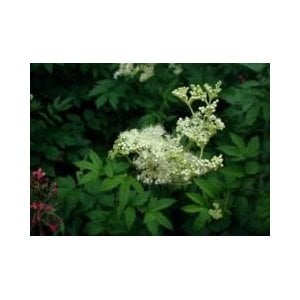
Herbal Alternatives to Asprin
White Willow Bark has been used for pain relief since Egyptian times. Hippocrates, the ancient Greek considered the founder of modern medicine, prescribed Willow Bark for the relief of pain and fever. Willow bark is the natural source of Saliscyclic acid, from which Aspirin is derived. There have been scientific studies which seem to indicate that Willow Bark can definitely have a pain-reducing effect.
Meadowsweet is a herb traditionally used for muscle pain and to bring down fevers. Meadowsweet tea is useful for anyone suffering from a cold or flu.
Angelica (or Dong-quai) has been prized by the Chinese for thousands of years for its benefits to female reproductive health including the ability to reduce menstrual cramping and PMS. It also used for pain relief and as general muscle relaxant.
Cloves have traditionally been used for treating pain associated with toothache. They have a powerful anti-inflamatory effect on the gums.
NOTE: These herbs should not be taken by anyone allergic to Aspirin without first consulting your doctor. Herbs should not be used if you are already taking other medication, and due to their powerful effects herbs should not be given to children or pregnant women without talking first to a doctor or qualified herbalist.
Natural Help for Heart Health
Heart disease is now the number-one killer in Western Society. Yet certain peoples around the world have been noted to have little or no heart disease due to their particular diet. Most famously, the Mediterranean and the Japanese diets. Scientific studies are beginning to reveal which foods are most valuable for protecting heart health naturally, alongside a generally healthy diet and regular exercise.
Tomatoes: Professor Asim Dutta-Roy of he Rowett Institute in Aberdeen, Scotland, found that the yellow fluid surrounding the seeds in tomatoes has significant anti-clotting properties.
Garlic: This common herb has traditionally been reputed to be good for your heart and scientifc studies are beginning to back this up. One US study showed that aged garlic extract improved blood flow by 25%. Garlic is available in capsule form if you don't like its strong taste / smell.
Fish oil: Diets high in fish, such as the Japanese, have much less incidence of heart problems. Omega-3 fish oil has been shown scientifically to have benefits for heart and circulatory health. It also helps the body to access fat-soluable vitamins such as Vitamin D.
Vitamin E: In sufficient doses this vitamin has been shown to cause notable reduction in blood-clotting. For this reason it should not be taken in conjunction with Aspirin as the two combined offer an increased risk of internal bleeding.




